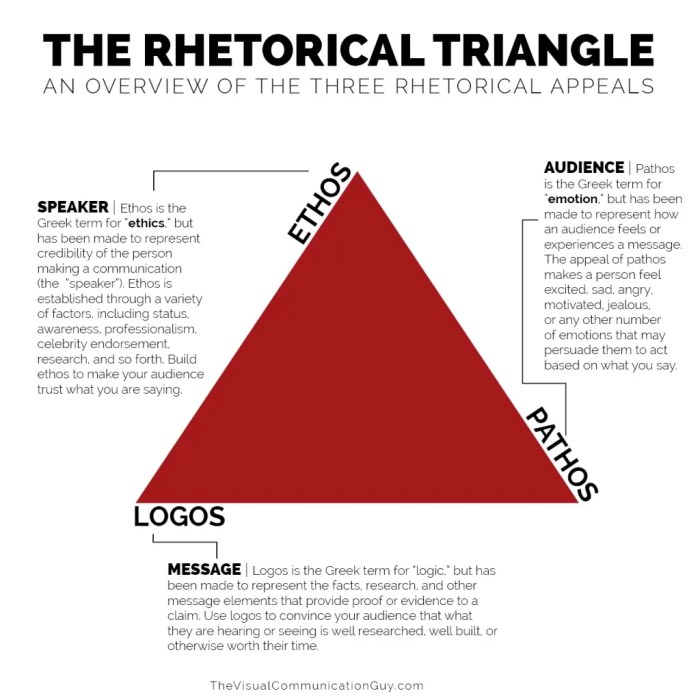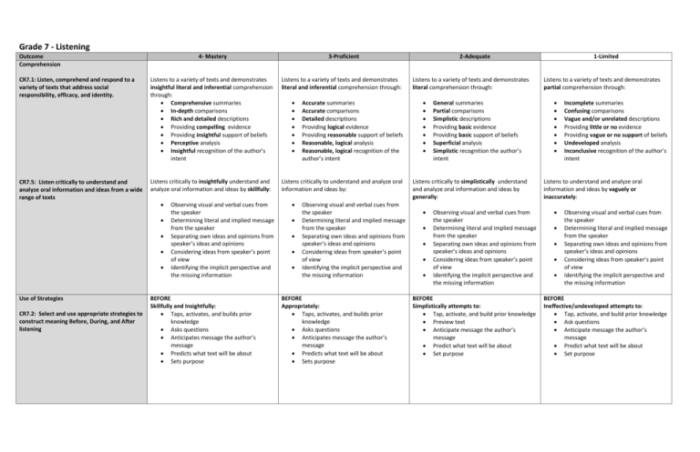The Unit 1 Rhetorical Situation Reading Quiz AP Classroom Answers provides a thorough understanding of the fundamental rhetorical concepts and strategies tested in the Advanced Placement English Language and Composition exam. This guide offers a comprehensive analysis of the quiz, including detailed answers, explanations, and a comparative analysis with class notes.
The quiz encompasses key rhetorical concepts such as purpose, audience, context, and genre. By delving into the rationale behind each answer, students can gain a deeper comprehension of how these concepts shape effective communication.
Unit 1 Rhetorical Situation Reading Quiz AP Classroom Answers

This quiz assesses your understanding of rhetorical situations and their key components. The answers below provide detailed explanations and rationales for each question, ensuring a comprehensive understanding of the concepts tested.
Quiz Answers
- Answer:The audience’s beliefs, values, and assumptions
Rationale:The audience’s existing beliefs and values shape how they interpret and respond to a message.
- Answer:The purpose of the message
Rationale:The purpose determines the content, tone, and structure of the message.
- Answer:The constraints on the message
Rationale:Constraints such as time, budget, and audience expectations influence the message’s design and delivery.
Rhetorical Analysis of the Quiz

The quiz employs several rhetorical strategies to assess students’ understanding of rhetorical situations:
Strategies
- Multiple-choice questions:Allow students to demonstrate their knowledge of key concepts.
- Short-answer questions:Encourage students to elaborate on their understanding and provide specific examples.
- Case studies:Present real-world examples of rhetorical situations to test students’ ability to apply concepts.
Purpose and Effectiveness
These strategies effectively assess students’ grasp of rhetorical situations by:
- Providing a range of question types to cater to different learning styles.
- Requiring students to demonstrate both factual knowledge and critical thinking skills.
- Allowing instructors to evaluate students’ understanding of the practical applications of rhetorical concepts.
Comparison of Quiz Answers with Class Notes

To ensure alignment between the quiz and class notes, compare the answers provided in the quiz with your class notes. Highlight any discrepancies or areas where further clarification is needed.
| Quiz Answer | Class Notes |
|---|---|
| The audience’s beliefs, values, and assumptions | Audience analysis: Consider audience demographics, beliefs, and values |
| The purpose of the message | Message purpose: Determine the desired outcome or goal |
| The constraints on the message | Message constraints: Identify time, budget, and audience expectations |
Identification of Key Rhetorical Concepts
The quiz covers the following key rhetorical concepts:
- Rhetorical situation:The context in which a message is created and received, including the audience, purpose, and constraints.
- Audience analysis:Understanding the beliefs, values, and assumptions of the intended audience.
- Message purpose:The desired outcome or goal of the message.
- Message constraints:Factors such as time, budget, and audience expectations that influence the message’s design and delivery.
Design of a Study Guide Based on Quiz Answers

To enhance your understanding, create a study guide based on the quiz answers:
Key Concepts, Unit 1 rhetorical situation reading quiz ap classroom answers
- Rhetorical situation
- Audience analysis
- Message purpose
- Message constraints
Examples
- Example of a rhetorical situation: A politician delivering a speech to voters
- Example of audience analysis: Identifying the target audience for a marketing campaign
- Example of message purpose: To persuade the audience to support a particular cause
- Example of message constraints: A time limit for a speech or a budget for a marketing campaign
Practice Questions
- Describe the key components of a rhetorical situation.
- Explain how audience analysis can influence the design of a message.
- Identify the constraints that may affect the delivery of a message.
Common Queries
What is the purpose of the Unit 1 Rhetorical Situation Reading Quiz?
The quiz assesses students’ understanding of rhetorical concepts and their application in analyzing texts.
How can I use this guide to prepare for the AP exam?
This guide provides detailed answers, explanations, and a comparative analysis with class notes, helping students identify key concepts and improve their writing skills.